NITA-U: The Silent Powerhouse Behind Uganda’s Digital Revolution Under Dr. Hatwib Mugasa’s Visionary Leadership

As the world pivots toward a digital future, Uganda is not being left behind.
At the heart of its transformation is the National Information Technology Authority – Uganda (NITA-U), a government agency that has quietly become a key driver of digital progress.
Dr. Hatwib Mugasa, the NITA-U Executive Director, stands at the forefront, tasked with streamlining e-governance, enhancing connectivity, and reducing digital access costs.
Since his appointment in 2020, he has applied a combination of academic depth and industry experience to reimagine how technology serves the public with real, measurable impact for ordinary Ugandans.
With more than 20 years of experience spanning telecommunications, software development, and innovation ecosystems, his track record includes building software platforms at Makerere University, deploying the mobile money system at MTN Uganda, and teaching and researching computational modeling and AI at Louisiana Tech University.
His credentials; a PhD in Computational Analysis and Modeling, two master’s degrees in Computer Science and Mathematics, and a Bachelor’s in Computer Science speak of a lifelong dedication to technological advancement.
Under his leadership, NITA-U has halved government internet costs, rolled out the National Backbone Infrastructure across thousands of kilometres, and is expanding access to underserved areas through initiatives like UDAP-GovNet.
Among his landmark innovations is UGPass, Uganda’s secure digital ID platform, which won international acclaim with the 2024 WSIS Digital Service Design Prize.
Dr. Mugasa has also prioritized cybersecurity, ethical AI framework, and job creation through Business Process Outsourcing (BPO) hubs, reinforcing Uganda’s digital self-reliance.
Guided by the vision, “lives transformed through e-services delivery,” he is spearheading a sweeping digital transformation anchored in three strategic pillars: inclusive infrastructure, innovative e-government services, and cybersecurity.
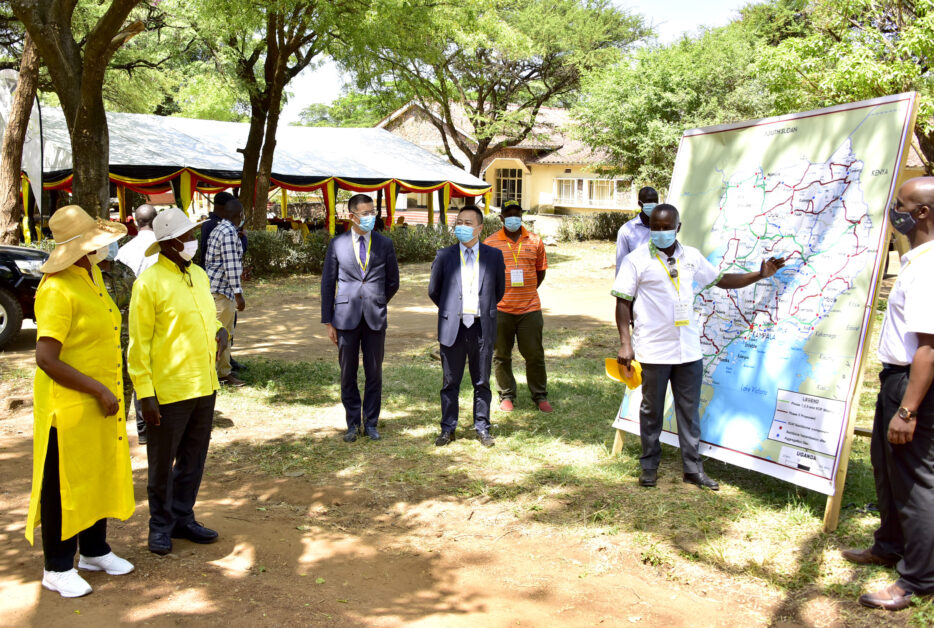
A Decade of Quiet, Steady Progress
Established in 2009 under the NITA-U Act, the agency’s mission is ambitious: to deliver secure, accessible, and reliable e-services to every Ugandan.
For the past decade, NITA-U has worked to standardize government IT systems, interconnect agencies, and promote the adoption of affordable, high-quality internet.
“Our goal is to ensure every Ugandan, no matter where they live, has access to the tools and opportunities of the digital age,” says Dr. Mugasa.
“We’re not just laying fiber. We’re building a future where governance is smarter, services are faster, and opportunities are broader.”
At the core of NITA-U’s infrastructure work is the National Backbone Infrastructure (NBI), a high-speed optical fiber network that connects government offices, institutions, and border points.
By the end of 2024, NITA-U had laid over 4,387 kilometers of optical fiber.
Phase five of the NBI project (NBI Phase V), launched in December 2024 by President Museveni, is expanding another 5,845 kilometers, reaching 63 more districts and over 2,800 institutions, including schools, hospitals, youth centers, and parishes; essentially doubling the existing fiber.
Civil works have already begun in Kayunga and other regions under NBI Phase V, implemented with funding from EXIM Bank of China through the China International Telecommunications Construction Corporation.
President Museveni, during the inauguration of NBI Phase V in Moroto District, called the NBI “a catalyst for modernizing Uganda,” highlighting its role in agriculture, services, ICT, and industrial growth.
The infrastructure is designed not only to reduce the cost of doing business but also to connect the smallest administrative units, like parishes, supporting grassroots initiatives.
“The NBI Phase V project is transforming Uganda by narrowing the digital divide,” said ICT Minister Chris Baryomunsi.
“It is unlocking new opportunities in education, employment, and investment.”
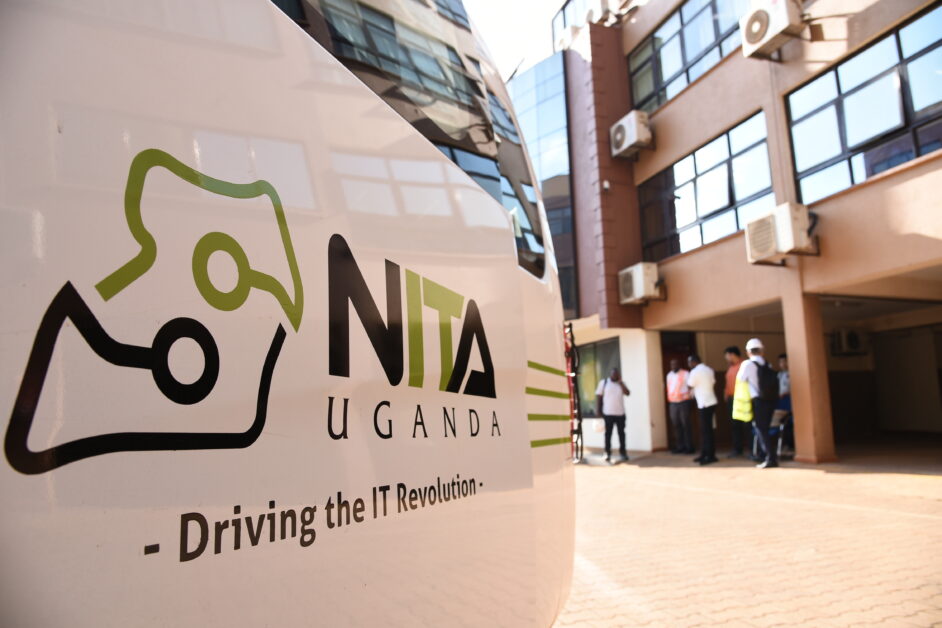
Powering a More Efficient, Tech-Savvy Government
Through its infrastructure, government agencies can now share data in real-time, improving the efficiency and accessibility of public services.
Agencies benefiting from this infrastructure include National Identification and Registration Authority (NIRA), Uganda Communications Commission (UCC), Uganda Registration Services Bureau (URSB), Uganda Revenue Authority (URA), Directorate of Citizenship and Immigration Control, and Kampala Capital City Authority (KCCA), the Ministry of Works and Transport (for driving licensing services), the Ministry of Finance, and many others.
NITA-U has also supported e-licensing and e-certification services for various government agencies, driving a more connected and collaborative public sector.
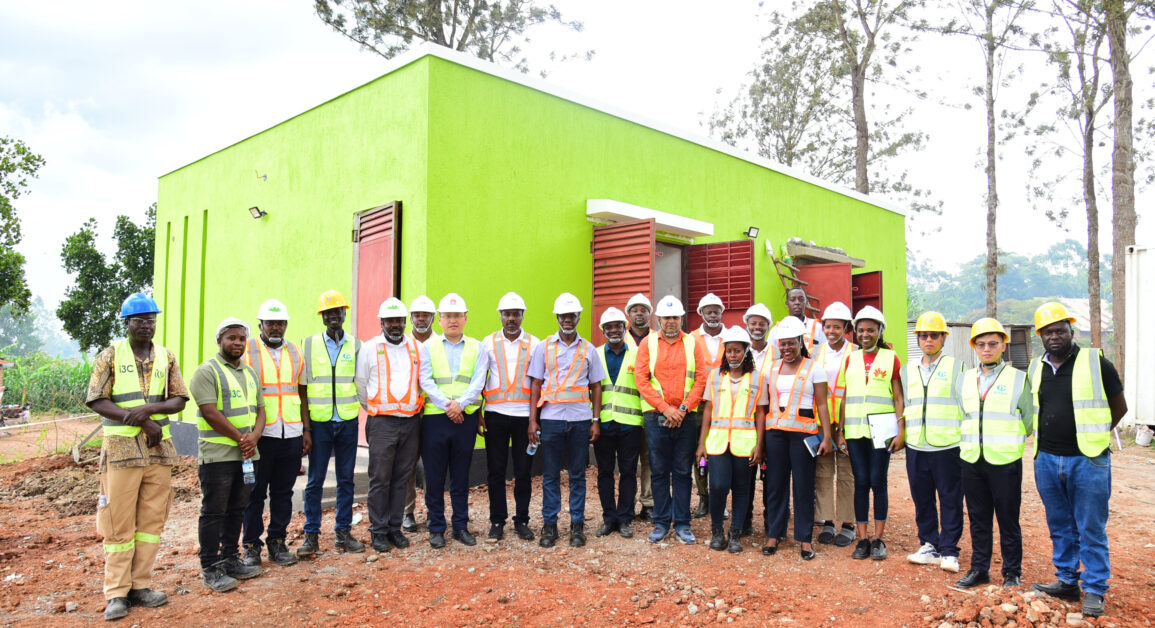
Adaptive Leadership
Dr. Mugasa’s leadership is rooted in adaptive thinking and efficiency; even amid budgetary constraints and evolving connectivity needs.
“The last financial year started quite challenging,” he admits.
“We faced sector-wide budget cuts, but we had commitments to deliver on as a fast-moving technology sector.”
Despite financial headwinds, NITA-U continues to prioritize impactful projects like the NBI extension and the Uganda Digital Acceleration Project (UDAP-GovNet), a flagship World Bank-funded initiative.
At the heart of implementation is last-mile connectivity especially in underserved, densely populated regions lacking basic infrastructure and reliable power.
“We’re rolling out fibre with solar as a primary energy source,” he says.
“All our 27 transmission sites have been upgraded to solar and sustainable battery solutions.”
These interventions are paired with digital literacy and device deployment; laptops and desktops installed only after end users are trained. NITA-U also partners with universities to build long-term capacity in device use and repair.
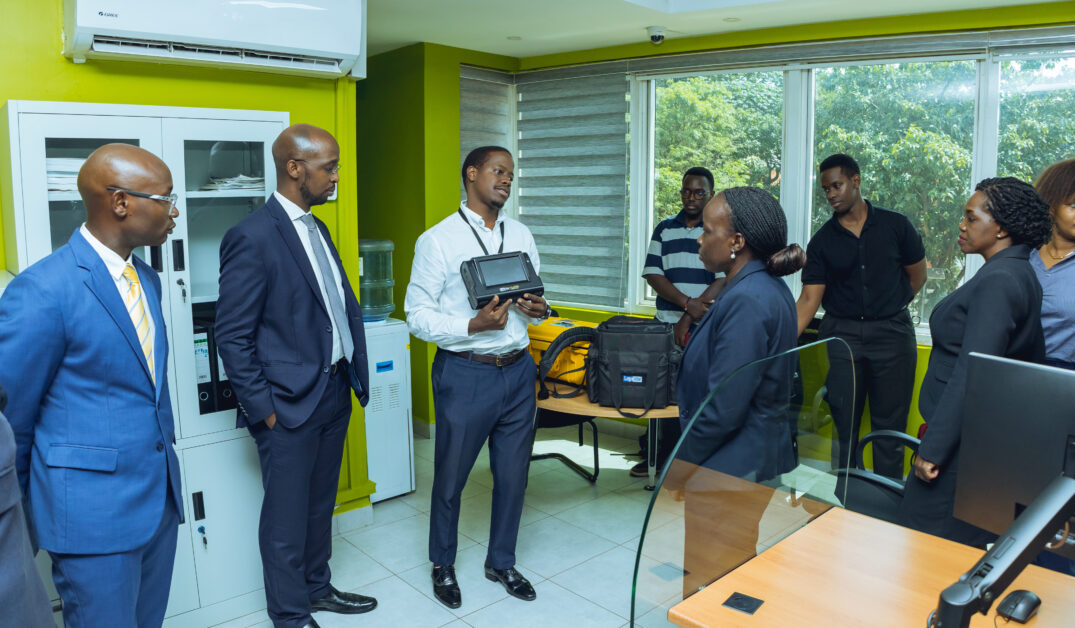
Lowering Internet Costs
In August 2023, NITA-U halved the cost of unlimited dedicated internet for government entities from $70 to $35 per Mbps per month down from $1,200 per Mbps in 2012.
“Today, we offer the lowest public sector internet rates in the region,” says Dr. Mugasa.
Hospitals, schools, BPO centers, innovation hubs, and district governments now access reliable internet at a fraction of the cost; freeing up billions for other government priorities.
Data is the New Oil
Dr. Mugasa believes Uganda’s digital maturity depends not only on connectivity but also on data utilization.
“Data is the new oil but do we understand what that means?” he asks.
To address this, NITA-U is training ICT companies in data mining and advising on business integration. Interoperability has also been prioritized 156 government systems now exchange data in real-time.
“Previously, e-KYC verifications took a week. Now, they’re instant.”
Consolidating system hosting within the NITA-U Data Center has slashed annual costs from $500,000 per agency to just $14,000.
Future-Proofing: AI, Cybersecurity, and Green Data
NITA-U is expanding Uganda’s data infrastructure: a new green-certified data center and Wi-Fi at 1,754 public sites under NBI Phase V are underway.
“In just three years, internet revenue collections tripled from UGX 28B to UGX 62B even after halving prices,” says Dr. Mugasa.
NITA-U is also working with Tanzania to integrate ICT backbone networks under EAC cooperation, boosting regional growth.
UDAP-GovNet: Bridging Uganda’s Digital Divide
NITA-U, with World Bank support, launched UDAP-GovNet to reduce digital inequalities especially in refugee-hosting and rural areas.
Between Jan–June 2025, leadership engagements in Arua, Hoima, Lamwo, Mbarara, and Adjumani trained local leaders as digital ambassadors.
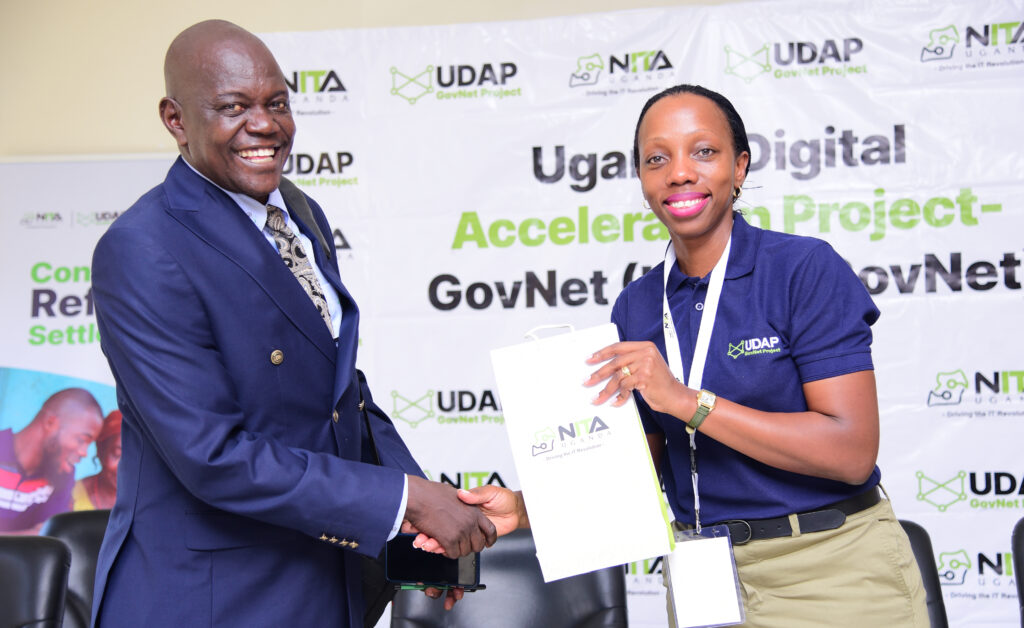
Global Recognition for UGPass
UGPass, NITA-U’s secure digital ID system, won the 2024 WSIS Digital Service Design Prize in Geneva.
“This award highlights our progress and reinforces our commitment to digital governance,” said Dr. Mugasa.
UGPass enables encrypted logins, identity verification, and digital signatures; all integrated with Uganda’s National ID registry.
“It builds an end-to-end chain of trust and solves the problem of document fraud.”
Fostering Local Innovation
Dr. Mugasa is leading a shift from imported systems to locally developed ones.
“We took an international e-procurement blueprint and customized it. That’s what innovation looks like,” he says.
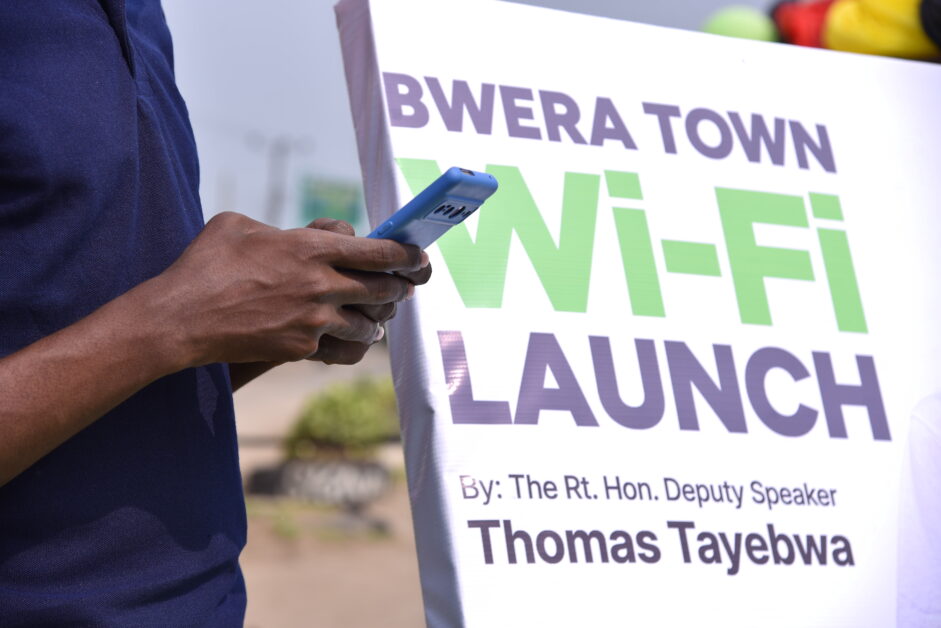
Responsible AI and National Cybersecurity
At the Africa AI Summit 2025, Dr. Mugasa shared about the planned development of the Uganda’s National AI Framework for fair, transparent, and locally beneficial AI.
NITA-U also signed an MoU with Presight, a global analytics firm, to strengthen cybersecurity, AI implementation and cloud infrastructure.
In March 2025, 50 UPDF cybersecurity personnel were trained under NITA-U’s national resilience efforts.
BPO: Driving Jobs and Economic Inclusion
NITA-U has catalyzed growth in Uganda’s BPO sector. Over 500 graduates have been trained, with many promoted into supervisory roles.
The 240-seater BPO Incubation Centre at Statistics House and regional hubs like Gulu University’s Internet Now Project prove BPO success beyond Kampala.
The Uganda BPO Association now includes 48 companies employing over 4,000 Ugandans up 30% in a single year.
Dealing with Trade-Offs
“The hardest part is aligning strategic decision-makers with the urgency of ICT,” Dr Mugasa says.
By 2030, NITA-U aims for 80% of government services digitized and 60% of Ugandans with digital access.
Legacy and Leadership
“I want to leave a legacy of a seamless and rapid transformation into the digital economy not just digitization for its own sake.”
His mission is simple: make life easier for every Ugandan through technology.
“We are ready to support innovators whose solutions seamlessly integrate into our lives.”
Share this content:

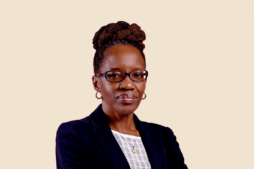 Josephine Olok: Building Uganda’s Tech Future with Purpose, Passion, and People
Josephine Olok: Building Uganda’s Tech Future with Purpose, Passion, and People

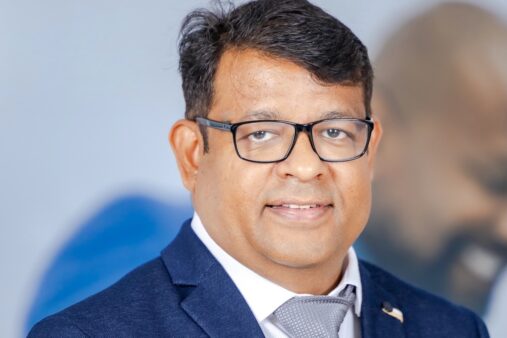





Post Comment